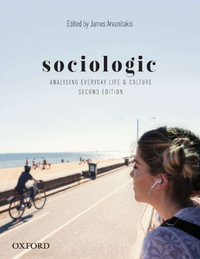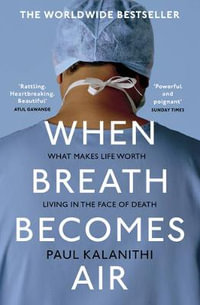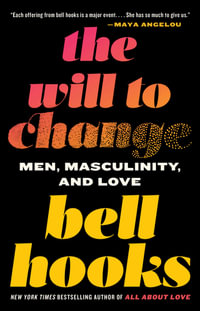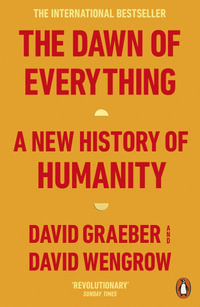A uniquely data-rich analysis of the British elite from the Victorian era to today: who gets in, how they get there, what they like and look like, where they go to school, and what politics they perpetuate.
Think of the British elite and familiar caricatures spring to mind. But are today's power brokers a conservative chumocracy, born to privilege and anointed at Eton and Oxford? Or is a new progressive elite emerging with different values and political instincts?
Aaron Reeves and Sam Friedman combed through a trove of data in search of an answer, scrutinizing the profiles, interests, and careers of over 125,000 members of the British elite from the late 1890s to today. At the heart of this meticulously researched study is the historical database of Who's Who, but Reeves and Friedman also mined genealogical records, examined probate data, and interviewed over 200 leading figures from a wide range of backgrounds and professions to uncover who runs Britain, how they think, and what they want.
What they found is that there is less movement at the top than we think. Yes, there has been some progress on including women and Black and Asian Brits, but those born into the top 1 percent are just as likely to get into the elite today as they were 125 years ago. What has changed is how elites present themselves. Today's elite pedal hard to convince us they are perfectly ordinary.
Why should we care? Because the elites we have affect the politics we get. While scholars have long proposed that the family you are born into, and the schools you attend, leave a mark on the exercise of power, the empirical evidence has been thin-until now.
Industry Reviews
Born to Rule is one of the most rigorous studies of elites ever written. The quantity and quality of data are breathtaking. Reeves and Friedman combine more than a century of historical records with contemporary interviews and surveys to show that while the self-conception of British elites has changed over time-from posh aristocrats to ordinary meritocrats-the pathways to elite status show remarkable stability, remaining strongly tied to family wealth and elite schooling. Born to Rule should be required reading for understanding social class and economic inequality in contemporary Britain. -- Lauren A. Rivera, author of Pedigree: How Elite Students Get Elite Jobs
The age in which we live has elevated the idea of the 'elite' in the public imagination to new, contested, and controversial heights. With great cogency and urgency, Reeves and Friedman show that while the idea of an elite has ancient roots, modern Britain has given it a unique and peculiar twist. This powerful and timely book sizzles with erudition and fresh scholarship, and has profound implications not just for Britain, but for ailing and ageing democracies across the world. I hope that meritocrats and members of the elite alike pay heed to its argument, no matter how discomfiting they find it. In fact, I hope it makes them question who they are. -- Amol Rajan, BBC Today programme presenter
Combining extraordinary data from Who's Who with extensive interviews, Born to Rule gives us the most comprehensive portrait of the British elite imaginable, making it possible to see how the ruling class has and has not changed in the last 125 years. This book displays the profound value of sociological analysis, allowing us to understand classic conversations in new ways. -- Shamus Khan, author of Privilege: The Making of an Adolescent Elite at St. Paul's School
Born to Rule is a smart and important book. The members of Who's Who the authors interviewed proclaimed it was 'complete rubbish' to regard them as members of the elite and insisted on their own merit. But Reeves and Friedman meticulously demonstrate a pattern of elite reproduction, family ties, and cascading advantages from wealth. Highly readable, and highly recommended! -- Annette Lareau, author of Unequal Childhoods: Class, Race, and Family Life
























